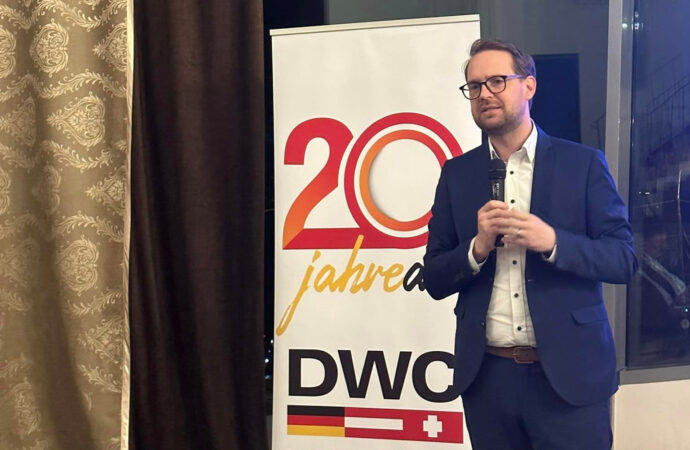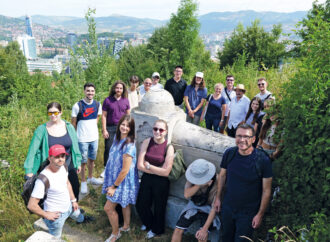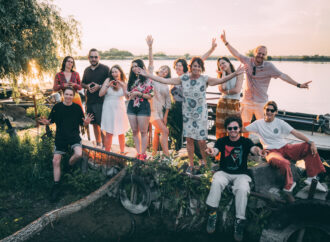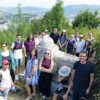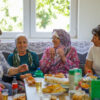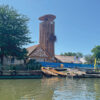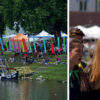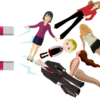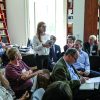Eight German business clubs are active in Romania It was in 1995, when Dr. Anna Prinz, working as an economic officer at the German Embassy in Bucharest, met – as she did every month – with a small group of representatives or executives of German companies at her home. They would exchange ideas or experiences
Eight German business clubs are active in Romania
It was in 1995, when Dr. Anna Prinz, working as an economic officer at the German Embassy in Bucharest, met – as she did every month – with a small group of representatives or executives of German companies at her home. They would exchange ideas or experiences on how to concretely help German investors. It was then that the idea of “formalizing the informal exchange of experience meetings and establishing a club of entrepreneurs/executives” first came up. After all, a German Chamber of Foreign Trade, which could have taken over such advisory or service functions, was not yet in sight. All executives present, including Peter Simon (ABB), Werner Stein (HR)???, Wolfgang Limbert (GTZ/GIZ), Christian Becker (Becker Brewery) were spontaneously enthusiastic about this idea. This is how the German Business Club Bucharest came into being. Peter Simon, then the head of ABB Romania and Bulgaria, was elected as the first president of the German Business Club. A success story took its beginning. Today, there are eight business clubs in Romania, whose members include German-speaking entrepreneurs from Germany, Austria, Switzerland and Romania.
In 1998, the German Business Club Transylvania was founded in Hermannstadt/Sibiu. It is one of the largest German business clubs in Romania with about 200 members, followed by the German-speaking business club “Banat” in Timisoara with about 180 members, founded in 2002. With the exception of Bucharest, most German-speaking investors are located in Transylvania. The four German business clubs in Hermannstadt, Kronstadt/Brasov, Klausenburg/Cluj-Napoca and Neumarkt/Targu Mures are responsible for them. Western Romania is covered by the business clubs in Timisoara and Arad. In the Moldova region, the youngest club is active in Bacau, and in the north of Romania – the German-Romanian Business Club Sathmar/Satu Mare.
The approximately 800 member companies of the eight German-speaking business clubs, together with the roughly 500 member companies of the German-Romanian Chamber of Industry and Commerce (AHK) in Bucharest, which has been in existence since 2002, are Romania’s most important investment and trading partner by a wide margin compared to other nations. The 500 member companies of the AHK alone employ around 300,000 people in Romania.
With a bilateral trade volume of 35 billion euros in 2021 and an FDI of German companies in 2020 of 13.79 billion euros, Germany is Romania’s most important economic partner, supported by the German-speaking companies, most of which have organized themselves in the business clubs. In the last few years, some German-speaking business clubs have dedicated themselves above all to the issue of training and further education of workers according to the “German dual system”, thus making a significant contribution to the training of highly qualified skilled workers in Romania.
Wolfgang Limbert, Munich


